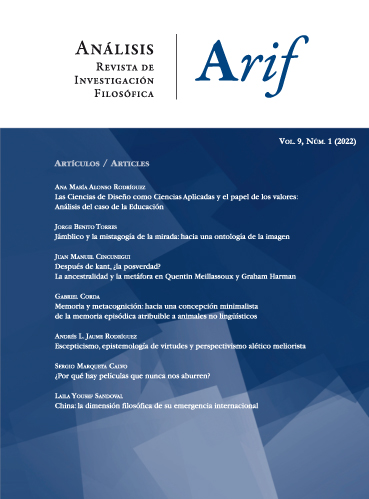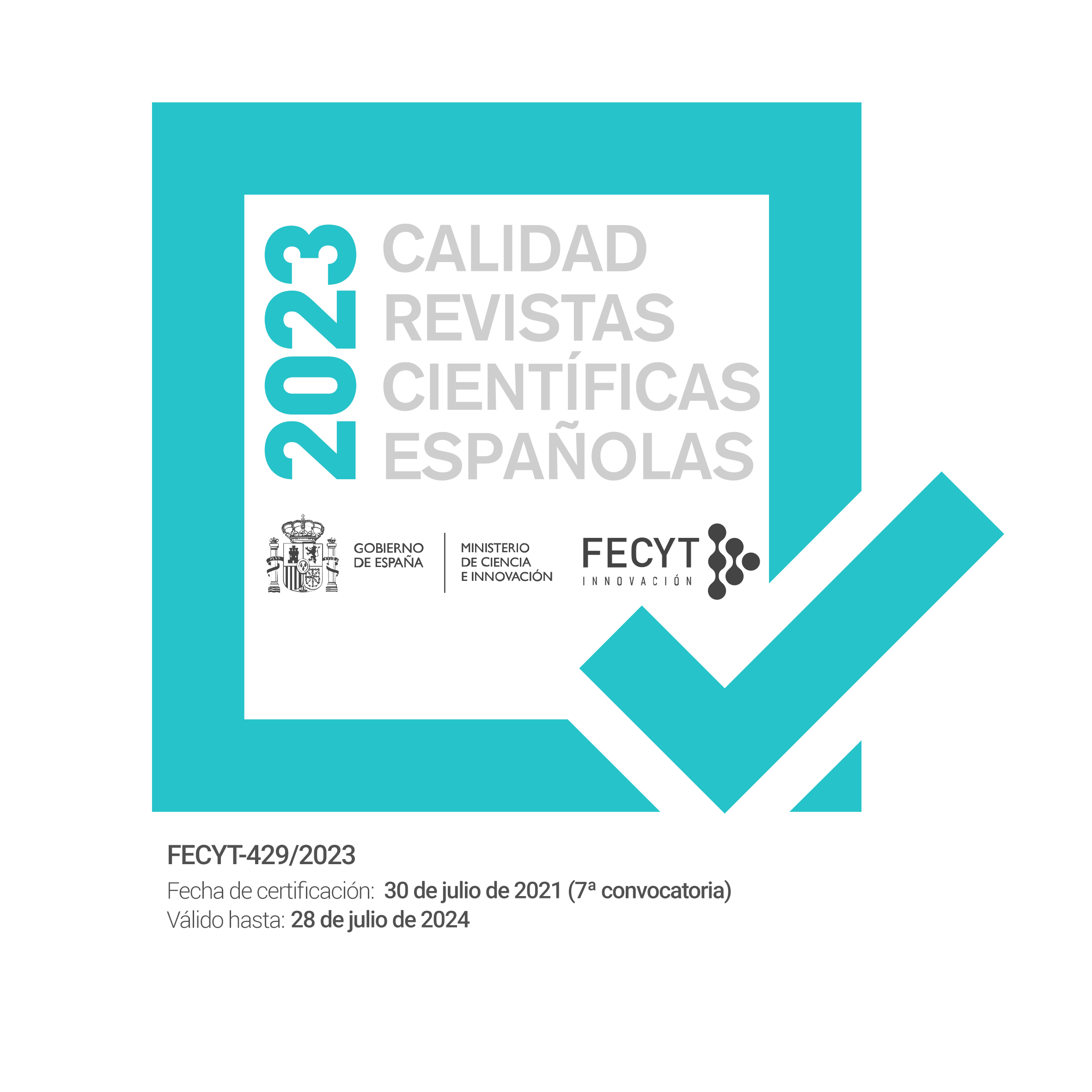Memory and metacognition: towards a minimalist conception of episodic memory attributable to non-linguistic animals
DOI:
https://doi.org/10.26754/ojs_arif/arif.202215604Abstract
Episodic memory has been considered a capacity only possessed by humans beings because it requires sophisticated and complex cognitive skills such as metacognition or a narrative structure (Klein and Nichols, 2012; Keven, 2015; Mahr and Csibra, 2018), or because it relies on phenomenological features that non-linguistic beings are not able to manifest (Tulving 1999, 2005; Klein 2013). The present article offers arguments against both theses. It claims that the first one confuses the epistemic and the empirical sense of remembering (Craver, 2020) and that it is possible to uphold a legitimate notion of episodic memory based on the empirical sense. The second does not consider the existence of effective methods to differentiate semantic and episodic traits in humans, according to which certain contents of episodic memories are not usually encoded by semantic memory. Taking this contents in account, a criterion is offered for attributing episodic memory in empirical sense.
Downloads
Downloads
Published
How to Cite
Issue
Section
License
Copyright (c) 2021 Gabriel Corda

This work is licensed under a Creative Commons Attribution-NonCommercial-NoDerivatives 4.0 International License.
Los autores que publican en esta revista están de acuerdo con los siguientes términos: los autores conservan los derechos de autor y garantizan a la revista el derecho de ser la primera publicación del trabajo al igual que licenciado bajo una Creative Commons Reconocimiento-No Comercial-Sin Obra Derivada 4.0 (CC BY-NC-ND) que permite a otros compartir el trabajo con un reconocimiento de la autoría del trabajo y la publicación inicial en esta revista. Los autores pueden establecer por separado acuerdos adicionales para la distribución no exclusiva de la versión de la obra publicada en la revista (por ejemplo, situarlo en un repositorio institucional o publicarlo en un libro), con un reconocimiento de su publicación inicial en esta revista.






